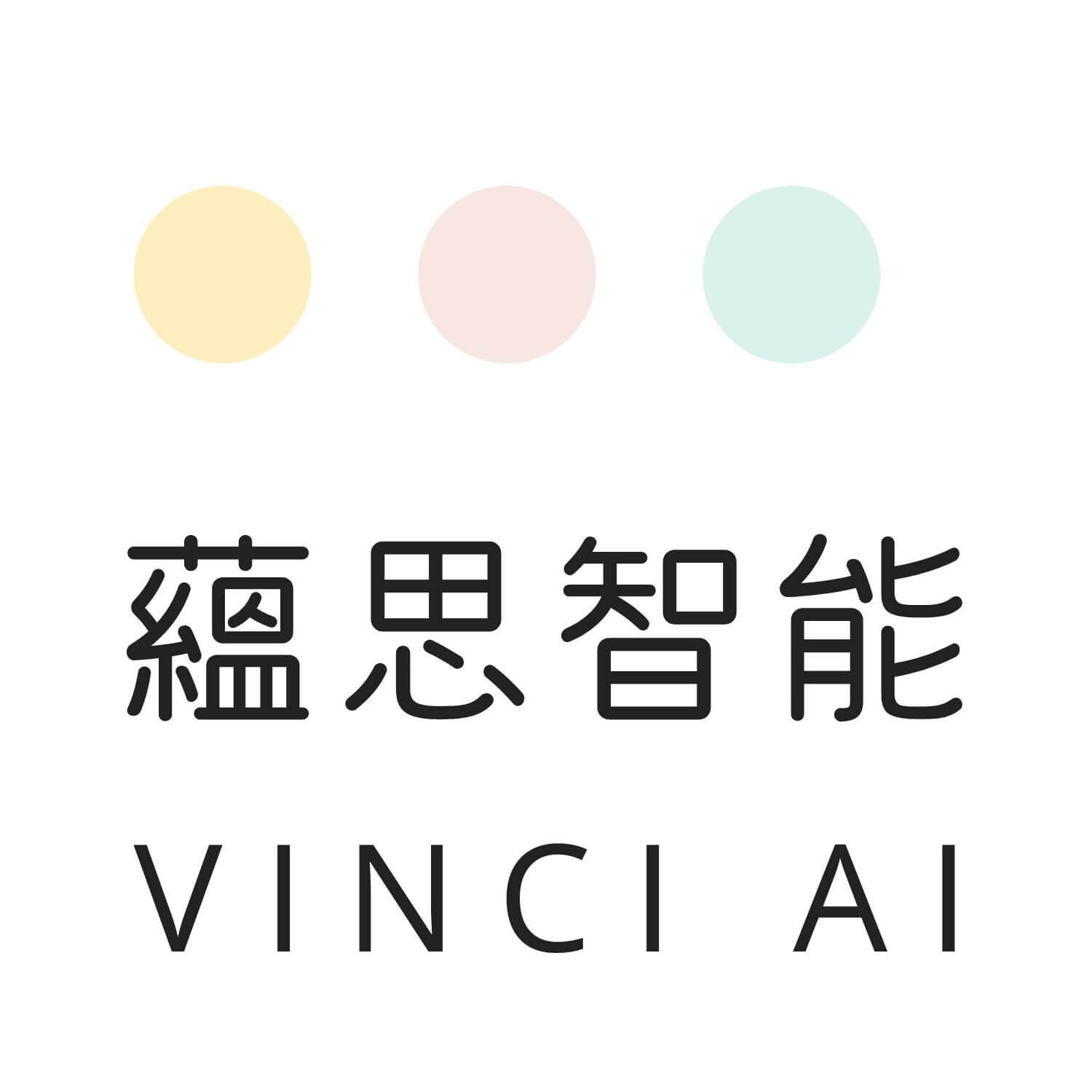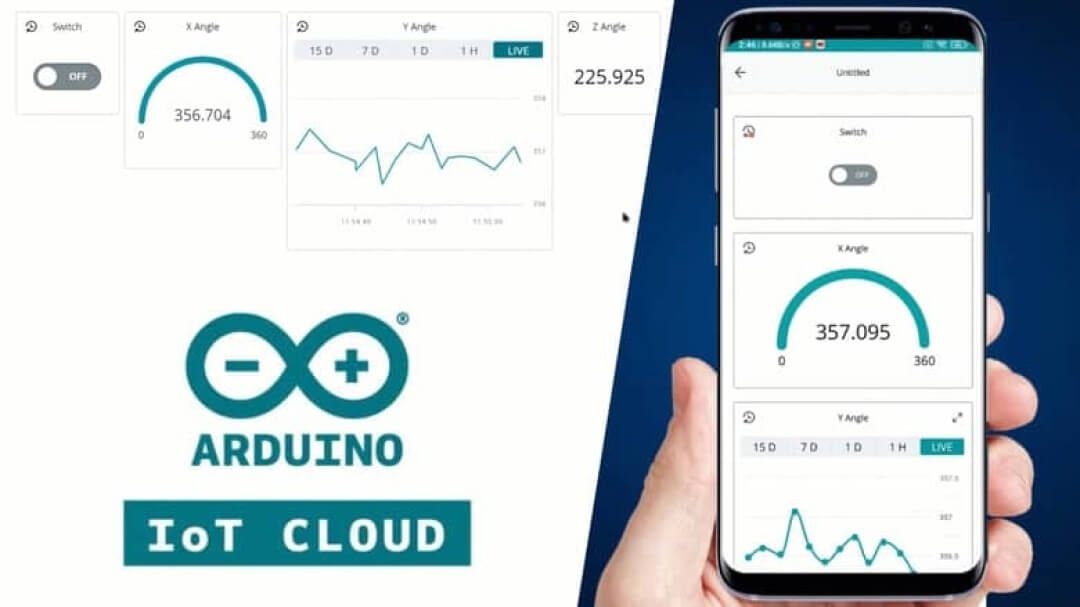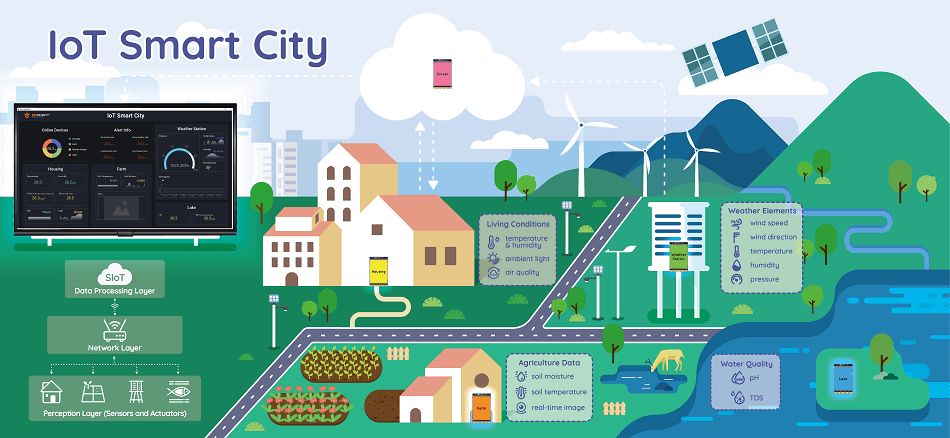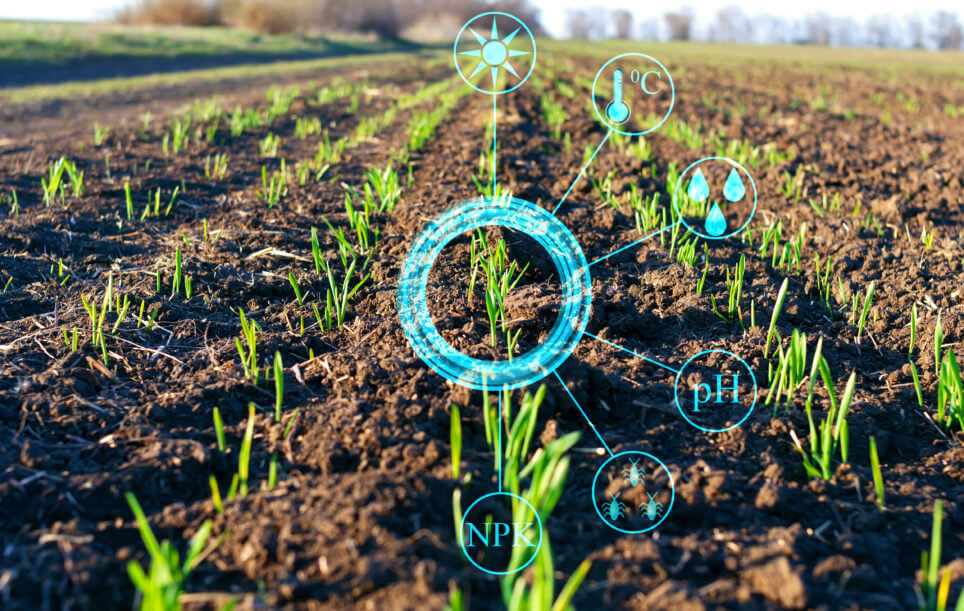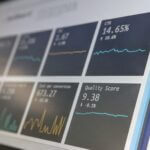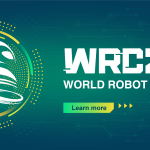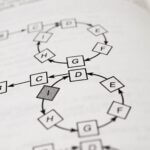AIoT Intelligent Internet of Things Course
The aim of this course is to teach students the basic concepts and applications of the Internet of Things (IoT), and how to use Arduino and various sensors to realize smart home and smart farming projects. The course first introduces the concepts, application scenarios and related hardware of IoT. It then delves deeper into Arduino programming fundamentals, variables, functions, conditional statements and loops.
Students will learn how to connect and set up various sensors and use Arduino to read sensor data. Additionally, they will learn how to upload data to the Arduino IoT Cloud platform, enabling remote monitoring and control.
This course also involves designing Arduino Cloud mobile apps, allowing students to view and analyze data in an intuitive way. Through two practical projects, students will apply their knowledge to realize smart home and smart farming scenarios, such as automatic light control, indoor environment monitoring, and plant growth monitoring. This will lay a solid foundation for students' future exploration and application in the IoT field.
Course topics include:
- Mastering the basic concepts of the Internet of Things (IoT)
- Learning experiences in implementing Arduino and DFRobot
- Implementing smart home and agriculture projects
- In-depth learning of Arduino programming fundamentals
- Using Arduino IoT Cloud technology
- Practical implementation of sensor setup and connections
What will you learn?
Course content
After completing the AIoT Intelligent Internet of Things Systems course, students will have grasped the basic concepts of IoT and its applications in smart homes and agriculture. They will have learned how to use Arduino, including Arduino programming fundamentals, and how to connect and set up various sensors. Students will also be familiar with the Arduino IoT Cloud platform and know how to upload data to this platform to enable remote monitoring. In addition, they will have learned how to design Arduino Cloud mobile apps to view and analyze data intuitively. Most importantly, students will apply their knowledge through practical projects to smart home and farming scenarios, thereby establishing a solid foundation in the Internet of Things field.
Arduino IoT Cloud
This part will teach students how to use the Arduino IoT Cloud platform to realize IoT projects. Students will learn how to upload data to Arduino IoT Cloud to enable remote monitoring and know how to design Arduino Cloud mobile apps to view and analyze data intuitively.
IoT Fundamentals
This section will introduce the fundamental concepts of the Internet of Things (IoT), including its definition, working principles, and applications in various fields such as smart homes and smart agriculture. Students will learn how IoT is transforming our daily lives and work methods and gain an understanding of its future trends and potential.
Arduino Implementation
This part will focus on implementation, where students will learn how to use Arduino and DFRobot Gravity D3 Sensor Kit. These tools and devices will enable students to engage in practical operations and implement IoT projects, including programming, connecting sensors, reading and analyzing data, and more.
Arduino IoT Cloud and MIT App Inventor
This part will teach students how to use the Arduino IoT Cloud platform and MIT App Inventor to implement IoT projects. Students will learn how to upload data to the Arduino IoT Cloud for remote monitoring and use MIT App Inventor to create mobile applications for intuitive data visualization and analysis.
Project Implementation
In this part, students will apply their acquired knowledge and skills to real-world projects, including smart home and smart farming projects. Students will have the opportunity to solve problems in real-life scenarios, gain practical experience, and deepen their understanding of IoT technology.
Past student projects
POH 80th Anniversary Tang Ying Hei College students designed a series of projects related to smart agriculture and developed an application to assist schools in transforming existing farms into IoT smart farms. Through sensors, real-time environmental data is uploaded to a cloud platform and displayed on a customized mobile application, showing the growth status of plants. Additionally, by deploying the latest GPU computing and artificial intelligence deep learning models, our system can learn the ideal growth trajectory of plants and display any plants that deviate from expected growth in real-time monitoring images on the mobile application.
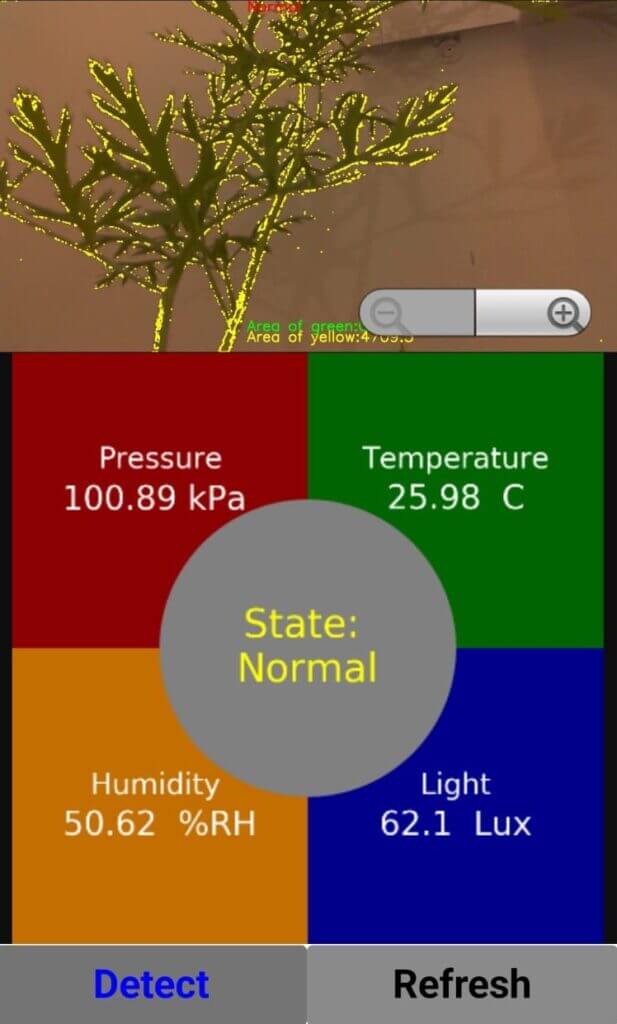
Fun AI fact
What is the concept of the Internet of Things (IoT)? How is it related to Artificial Intelligence (AI)?
The concept of the Industrial Internet of Things (IIoT) involves the integration of Artificial Intelligence (AI) technology with the Internet of Things (IoT). IoT enables the connection of objects and the exchange of data through networks, while AI provides intelligent analysis, prediction, and automation capabilities to the IoT. The relationship between AI and IoT lies in the fact that AI technology can help analyze large amounts of data, predict potential failures, and automatically adjust system operating parameters, among other things, to achieve energy efficiency, improve efficiency, or optimize production processes. The implementation of intelligent IoT offers innovative solutions across various industries and drives the development of areas such as smart homes, smart factories, and smart cities.
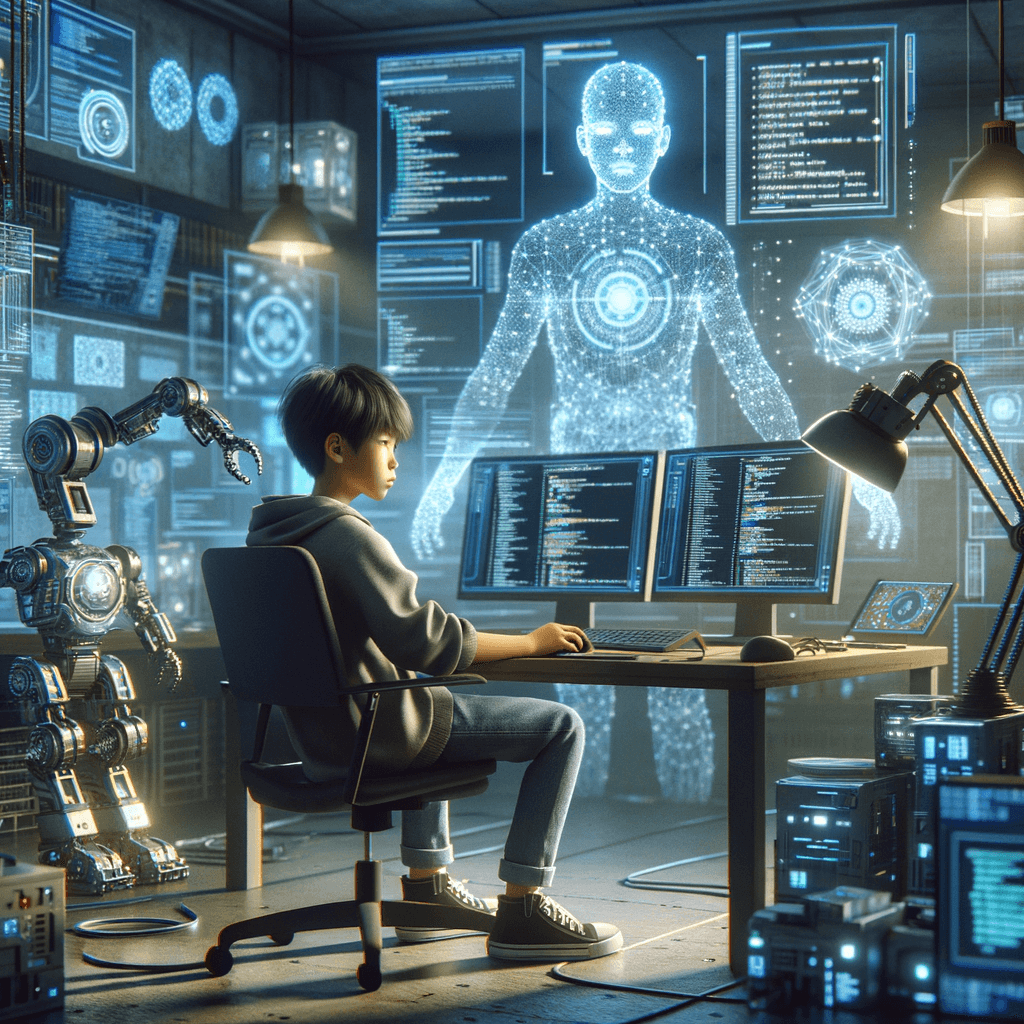
AI artificial intelligence courses for primary and secondary schools
- Super AI Challenge Competition Course
- National Youth Software Programming Level Examination Course
- OpenAI ChatGPT chatbot course
- ICT Python Course
- Drone Programming Course
- CoSpaces VR/AR Creation and Experience Course
- Introduction to AI Artistic Creation:
- Introduction to AI Music Composition
- Sports and STEM innovative courses (jointly developed with the Education University of Hong Kong)
Why choose Vinci AI?
University lecturer teaching team
VInci AI's teaching team is rich in experience, including university teachers who teach master's AI courses in various colleges and universities.
Curriculum developed by PhD-level experts
Vinci AI's PhD-level AI expert team, providing the most professional artificial intelligence courses
Recognized by research institutions
The teaching platform developed by Vinci AI has received support from Cyberport. Vinci AI is also a STEM education partner of the Productivity Council.
Want to schedule on-campus classes?
Contact our consultants
Vinci AI offers on-campus courses, including STEM Day events, competition training, and after-school programs. We welcome you to contact our expert consultants to arrange suitable topics and formats for your needs.
